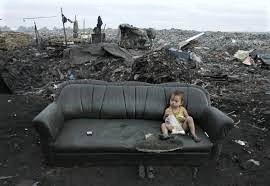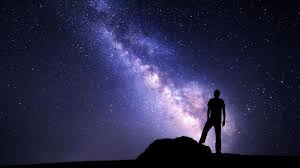Finding Your True Self

Google Image I’m an enthusiastic supporter of science, even though I write these blogs about finding God. I see no contradiction between science and religion, believing that the contradictions that are commonly seen are actually distortions of both. Science has no way to prove or disprove most religious beliefs and scientists merely show their biases when they complain that religion is “unscientific.” Of course it is. Like music, literature, art, it’s a way of knowing that doesn’t depend on scientific evidence. Many religious people, on the other hand, reject science off-hand, as if we’re not supposed to use our intelligence and in a methodical, rational way, try to learn as much as possible about life, death and all in between. Changing Recommendations During the pandemic, some have criticized the science involved in understanding the COVID virus and providing vaccines and recommendations because they change. At first, the CDC was recommending lots of hand washing and wiping dow


